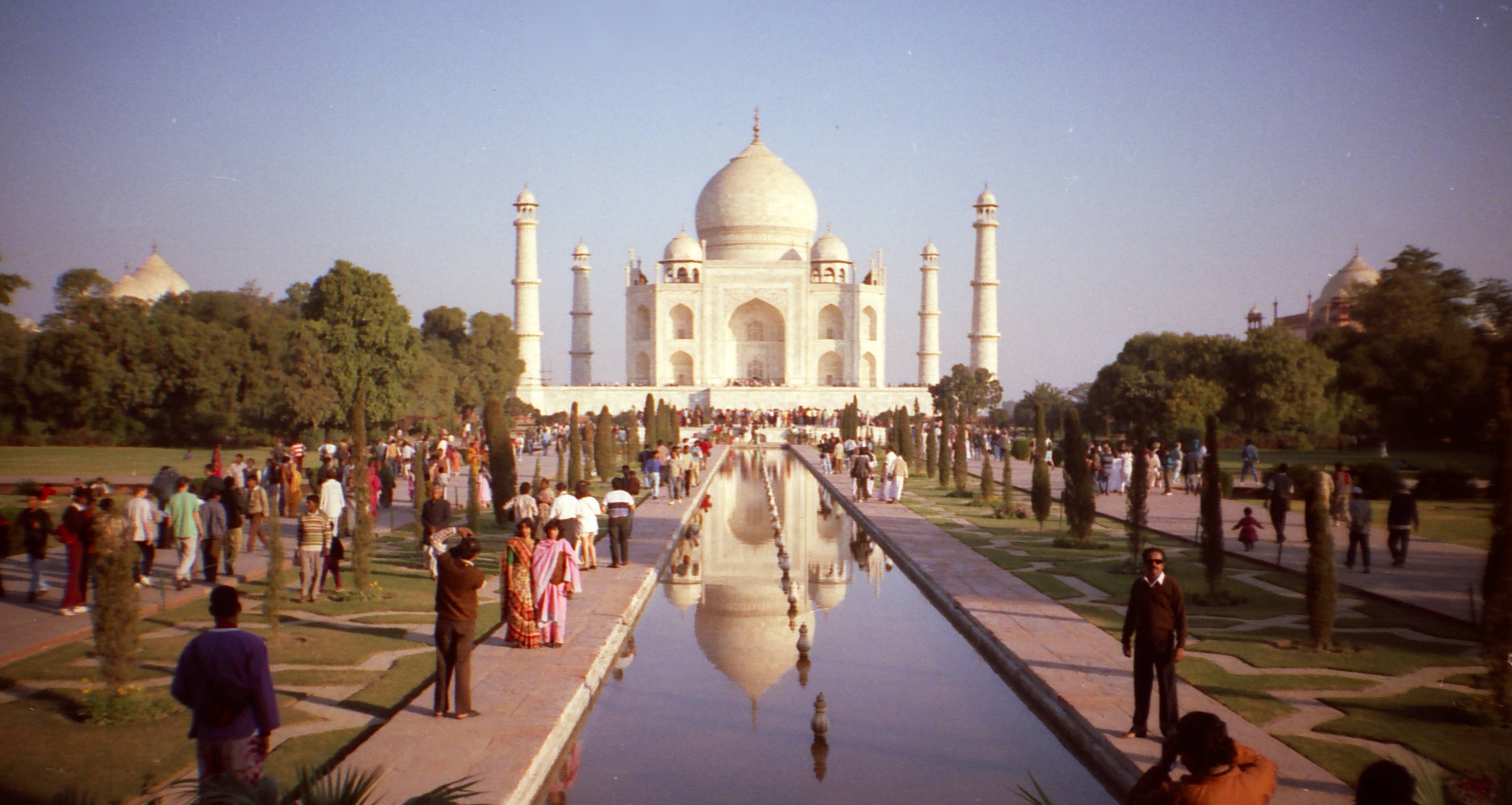
January 4, 2016, by Katharine Adeney
UK-India Business Council, growing trade, and reverse colonialism
Written by 3rd year International Relations student, Priyanka Mistry, who undertook an internship in India in July 2015 as part of the British Council Scheme
UKIBC, the UK–India Business Council, is a membership based organisation founded in 2007 to promote and increase bilateral trade between the UK and India. Some companies which are part of UKIBC are HSBC, British Airways, Tata and Dell. Initially the Council began as the Indo-British Partnership in 1993, which then transformed into a private company in 1995, and finally became the UKIBC when it received funding from the UK trade and Investment body. The push for Indo-UK economic ties began in the 1990s. Monetary support for the UKIBC from the UK in 2007 was a turning point in the balance of power between the UK and India, in so far as their relationship has become more of a partnership, where the UK has a lot to gain from the Indian economy. This is a vast contrast to the pre-1950 colonial era when India’s economy was fully controlled by the British. This kind of phenomena, where non-western countries are feted by the West, has been named as ‘reverse colonialism’. It may be an oversimplification, but the UKIBC is just one example of reverse colonialism I witnessed while on the Make in India programme.
At the Bombay Stock Exchange visit the main focus was on India’s aim to expand its growth by 7% every year, and to sustain this growth to allow for a ‘trickledown’ effect to benefit its 1.2bn citizens. However, as I learnt over the two weeks on this trip, the only way that this can be maintained and India can stay competitive is if it fills the gap between the labour and services industry and begins to produce goods in India.
Currently India is the third largest foreign investor in the UK. The UK mainly exports goods such as metals, transport equipment, electrical machinery, and scientific instruments, all materials which are high in demand in developing countries. During the Make in India trip I had the opportunity to see the production of many goods which the UK imports from India, such as clothing, textiles and fabrics in the Udaipur factory, and road vehicles in the Ford factory. There has been a steady increase in trade between the two countries for the past 15 years. However in comparison to other states, the UK place is only 16th amongst India’s trading partners with a miniscule amount of trade compared to China, US, UAE and Saudi Arabia. UKIBC’s role is to facilitate the growth of this trade and partnership.
UKIBC’s main aim is to increase the level of interaction between the UK and Indian businesses, provide greater intelligence on UK-India trade opportunities, deliver policy advocacy support for bilateral trade, and provide facility support services. The organisation provides business centres in 7 cities across India, strategically placed in Delhi, Gurgaon, Mumbai and Bangalore which represent 75% of the Indian Market in these areas. Most importantly in my opinion, it provides market entry services in order to assist British companies to understand the opportunities and make informed choices about their investments, which can be challenging in an environment such as India where each state has different business rule and regulations, often causing bureaucratic delays.
While at the UKIBC centre, we had the opportunity to speak to two British business representatives, engineering firm JCB and retailer M&S. The JCB representative had an interesting anecdote of how when they first moved to India, the only way which they could measure if their machinery would be in demand in the Indian market was to compare the amount of work that one machine could do compared to one animal, and then sell the machinery on the premise that it is faster and easier. Automated farming machinery is a slowly growing industry in India, however, if this machinery becomes affordable to the farmers, this could reduce employment of manual farm labourers. This is one example of how the creating a balance between becoming a developing country with high-tech machinery, and being able to fulfill the need of unskilled or semi-skilled labour jobs for India’s young population is a difficult challenge for the Indian government. For this reason, making these products which India will use in the future is a solution which the Indian Government is trying to encourage to satisfy this need.
One thing which surprised me was the success of M&S in India: appealing to its growing middle class. The ‘Britishness’ of the M&S brand and the high quality of the clothing attracts this middle class. At the moment M&S are only selling clothing in India, but let’s hope they enter the food market soon, just imagine how amazing Indian M&S food would be!
My concluding thoughts on the role of UKIBC is that it will become increasingly needed as British companies move to set up shop in India. Times have certainly changed in India since colonialism, as now it seems the UK will need India’s support for its own businesses, and will have to increase this partnership for mutual benefits in the future. However, India equally needs the UK to bring its experience in manufacturing and quality standards. India needs this in order to train its large young labour force to product high quality goods to export globally. Whether this can be classed as reverse colonialism or not, India’s rise is certainly an exciting and complicated issue to look out for in the coming years.
Priyanka Mistry
International Relations – The University of Nottingham / The Australian National University
No comments yet, fill out a comment to be the first

Leave a Reply